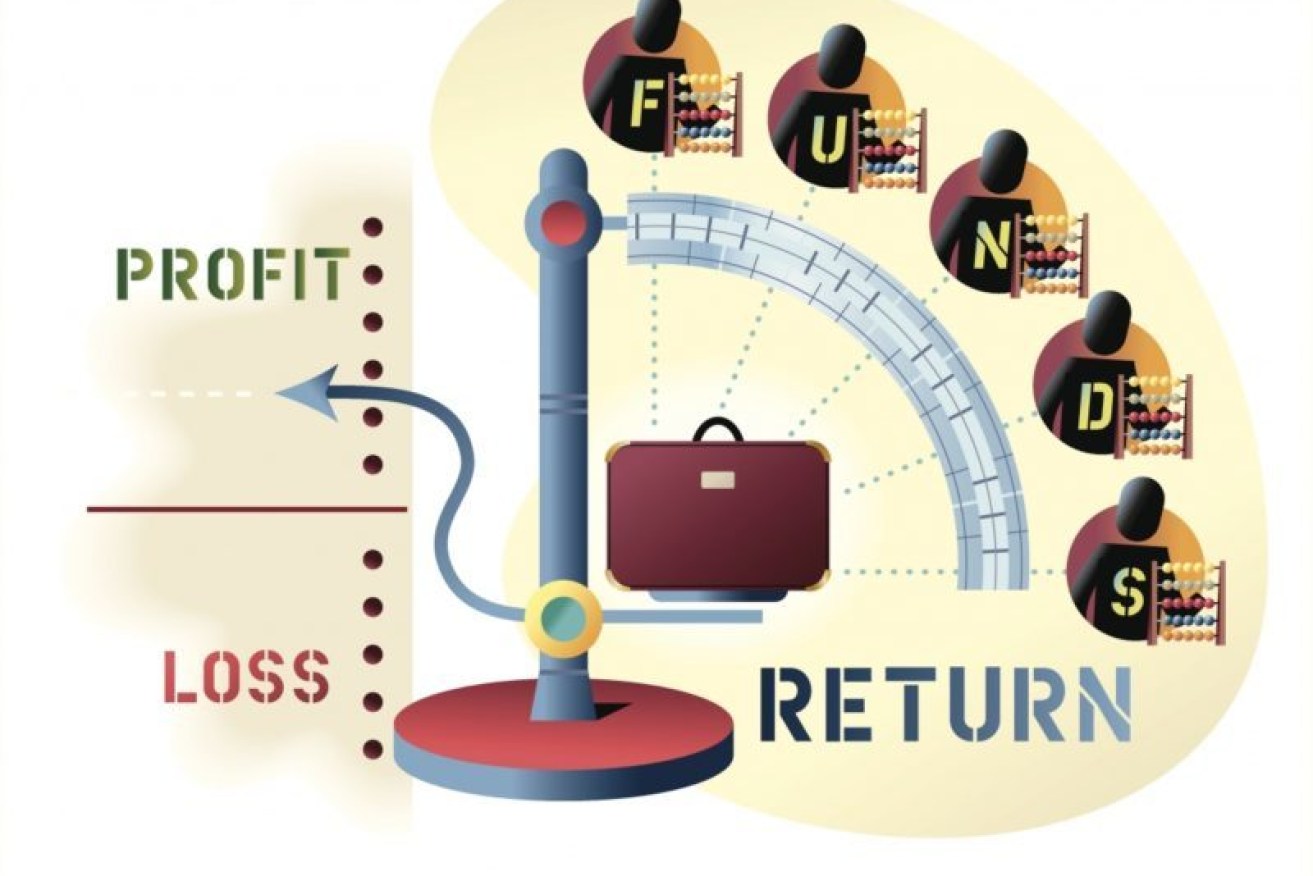Superannuation fund returns were flat in January after strong 2016


Super fund returns were flat in January. Photo: Getty
Super returns were flat in January with the median growth fund falling in value by 0.1 per cent, according to research house Chant West ‘s latest performance tables. However returns for the year and the seven months since July remain strong.
Chant West director, Warren Chant, said “the flat result in January doesn’t come as a great surprise after the unexpectedly strong showing in 2016.”
The median growth fund return of 7.5 per cent for 2016 was nearly 6 per cent above inflation. “That’s well above the typical long-term objective of inflation plus 3.5 per cent and much better than what most asset managers expected, given that we’re in a lower return / lower growth environment and most asset sectors are fully or close to fully valued,” Mr Chant said.

Super looks good over time. Source: Chant West
Mr Chant observed that US share markets had been on the rise since the election of Donald Trump amid optimism over his plans for tax cuts and higher infrastructure spending. However political uncertainty remains and recent US growth figures were lower than expected.
The figures also show that industry funds continue to outperform for-profit retail funds over most timeframes. Retail funds fell marginally more in January but were marginally ahead over three months. For the year to date and 12 months, industry funds were ahead.

Industry funds maintain the lead. Source: Chant West
Not-for-profits have low costs
New research from Rice Warner demonstrates that the industry fund sector has an important edge on the for-profit sector in costs and fees. Over the three years to 2015 the average fee charged to industry fund members rose from $119 per account to $126 per account.
That represents a rise of 5.8 per cent. Retail funds, however, saw average account fees rise from $314 to $387 per account over that time, an increase of 22.8 per cent.
“Public sector funds have also experienced a low increase to expenses per member with corporate funds being the only sector that has experienced a decrease,” Rice Warner’s research read. But the decline in costs for corporate funds has resulted from the closure of smaller, less efficient funds which have higher costs per head.

Industry fund costs are lower and growing slowly. Source: Rice Warner
These small funds have been handed over to larger industry and retail funds to manage in search of lower costs.
Super funds benefited from the technology revolution with technology costs falling 29 per cent over the period. Compliance costs rose 29 per cent overall while marketing and communications rose 17 per cent.
Uncertainty prevails
Mr Chant said in Europe, economic data was generally upbeat but there is growing nervousness around political developments. Elections in Germany, the Netherlands and France will influence the Eurozone outlook as with the flow-on from the UK’s shock Brexit vote.
“Closer to home, there were indications that China’s economic growth is stabilising. However, (President) Trump’s protectionist policies, if enacted, have the potential to set off a trade war that could be damaging,” Mr Chant said.
“Back in Australia, the RBA kept interest rates on hold earlier this month citing an improvement in the global economy and a pick-up in business and consumer confidence. However, a further rate cut this year remains a live possibility as GDP growth remains constrained.”








